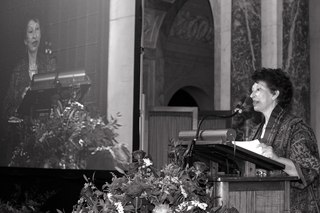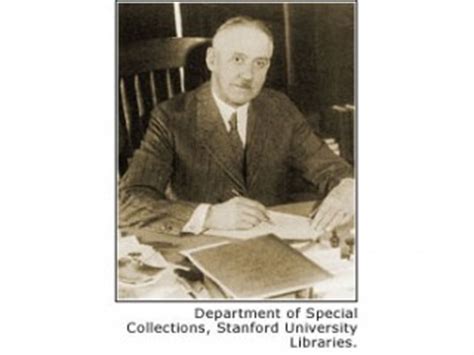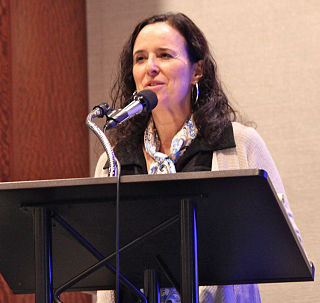A Quote by Margaret Mead
For Immanuel Kant, the term anthropology embraced all the human sciences, and laid the foundation of familiar knowledge we need, to build solidly grounded ideas about the moral and political demands of human life. Margaret Mead saw mid-twentieth-century anthropology as engaged in a project no less ambitious than Kant's own, and her Terry Lectures on Continuities in Cultural Evolution provide an excellent point to enter into her reflections.
Quote Topics
About
Ambitious
Anthropology
Build
Century
Cultural
Demands
Embraced
Engaged
Enter
Evolution
Excellent
Familiar
Foundation
Grounded
Her
Human
Human Life
Ideas
Kant
Knowledge
Laid
Lectures
Less
Life
Margaret
Mead
Mid
Moral
Need
Own
Point
Political
Project
Provide
Saw
Sciences
Term
Terry
Than
Twentieth
Related Quotes
Margaret Mead was both a student of civilization and an exemplar of it. To a public of millions, she brought the central insight of cultural anthropology: that varying cultural patterns express an underlying human unity. She mastered her discipline, but she also transcended it. Intrepid, independent, plain spoken, fearless, she remains a model for the young and a teacher from whom all may learn.
Kant argued that, where nature could be considered beautiful in her acts of destruction, human violence appeared instead as monstrous. However, a misreading of Kant in Romantic philosophy led to the idealization of the murderer as a sublime genius that has colored constructions of that criminal figure ever since.
Nothing can better express the feelings of the scientist towards the great unity of the laws of nature than in Immanuel Kant's words: "Two things fill the mind with ever new and increasing awe: the stars above me and the moral law within me."... Would he, who did not yet know of the evolution of the world of organisms, be shocked that we consider the moral law within us not as something given, a priori, but as something which has arisen by natural evolution, just like the laws of the heavens?
By putting the spotlight on the female child and framing her as the ideal of beauty, he condemns the mature woman to invisibility. In fact, the modern Western man enforces Immanuel Kant's nineteenth-century theories: To be beautiful, women have to appear childish and brainless. When a woman looks mature and self-assertive, or allows her hips to expand, she is condemned ugly. Thus, the walls of the European harem separate youthful beauty from ugly maturity.
Kant regards the universalizability test for maxims as focused on a very special sort of situation: one where the agent is tempted to make an exception to a recognized duty out of self-preference. The universalizability test is supposed help the agent to see, in a particular case of moral judgment, that self-preference is not a satisfactory reason for exempting yourself from a duty you recognize. Kant thinks, as a matter of human nature, that this situation arises often enough and that we need a canon of judgment to guard against it.
The recently ended twentieth century was characterized by a level of human rights violations unparalleled in all of human history. In his book Death by Government, Rudolph Rummel estimates some 170 million government-caused deaths in the twentieth century. The historical evidence appears to indicate that, rather than protecting life, liberty, and the pursuit of happiness of their citizens, governments must be considered the greatest threat to human security.
Our schools are, in a sense, factories, in which the raw products (children) are to be shaped and fashioned into products to meet the various demands of life. The specifications for manufacturing come from the demands of twentieth-century civilization, and it is the business of the school to build its pupils according to the specifications laid down.
For no sooner had I begun to read this great work [Frasier, The Golden Bough ], than I became immersed in it and enslaved by it. I realized then that anthropology, as presented by Sir James Frazer, is a great science, worthy of as much devotion as any of her elder and more exact sister studies, and I became bound to the service of Frazerian anthropology.
In anthropology, which historically exists to 'give voice' to others, there is no greater taboo than self-revelation. The impetus of our discipline, with its roots in Western fantasies about barbaric others, has been to focus primarily on 'cultural' rather than 'individual' realities. The irony is that anthropology has always been rooted in an 'I' - understood as having a complex psychology and history - observing a 'we' that, until recently, was viewed as plural, ahistorical, and nonindividuated.



































